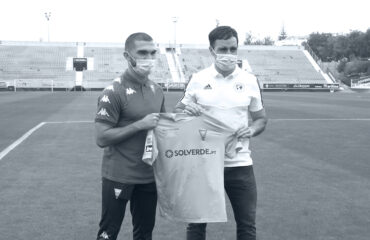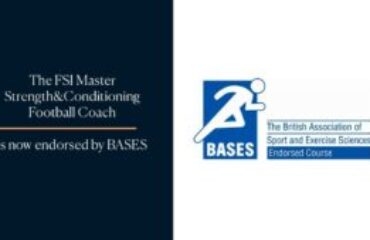Travel fatigue (cumulative exposure to a travelling environment) and jet-lag (dysregulation between internal circadian rhythms and external daylight processes) are the main issues related to team travel that, if not appropriately managed, can negatively affect performance and risk of illness/injury.
In terms of short-haul travel accumulation during the season (2-3hr. trips), they seem to have no effect on perceptual fatigue/soreness, sleep or physical performance, although there can negative effects when teams travel more regularly over longer distances (5-6hr. trips every week/every second week). The effect of cumulative travels is specific to the context of the team (frequency and duration of travel).
Regarding long-haul travel, for northbound travel (<10h) jet lag has a minimal effect. However, both long-haul eastward and westward travels (>24h) may increase jet-lag issues, resulting in disrupted sleep. Additionally, although higher in eastward travel, a reduction in performance (5-20m sprint and CMJ) and a reduction in YYIR1 east is shown. It is probable that with flights over 15hr will cause worse responses due to travel.
Techniques such as sleep hygiene and light therapy (less evidence) are effective at improving volume and quality of sleep and speed and power performance (both in the morning and in the evening).
Therefore, when complementary to optimal sleep and meal behaviours (pharmaceutical pills being an alternative, but only under medical prescription because of the potential addictive effects) may reduce the negative effects of travels and these responses are specific to the travel schedule: (1) north/south < 10h: travel fatigue and disrupted sleep (if overnight) needs 24h of recovery, (2) east/west < 5h and 2-3 time zones: minimal effects that need 24h of recovery, and (3) east/west > 14h and 8 time zones: jet-lag-derived issues that need 3-4 days of recovery (east/return being worse than west/outbound).
Key words: long-haul travels, short-haul travels, jet-lag, sleep, recovery, illness risk.





